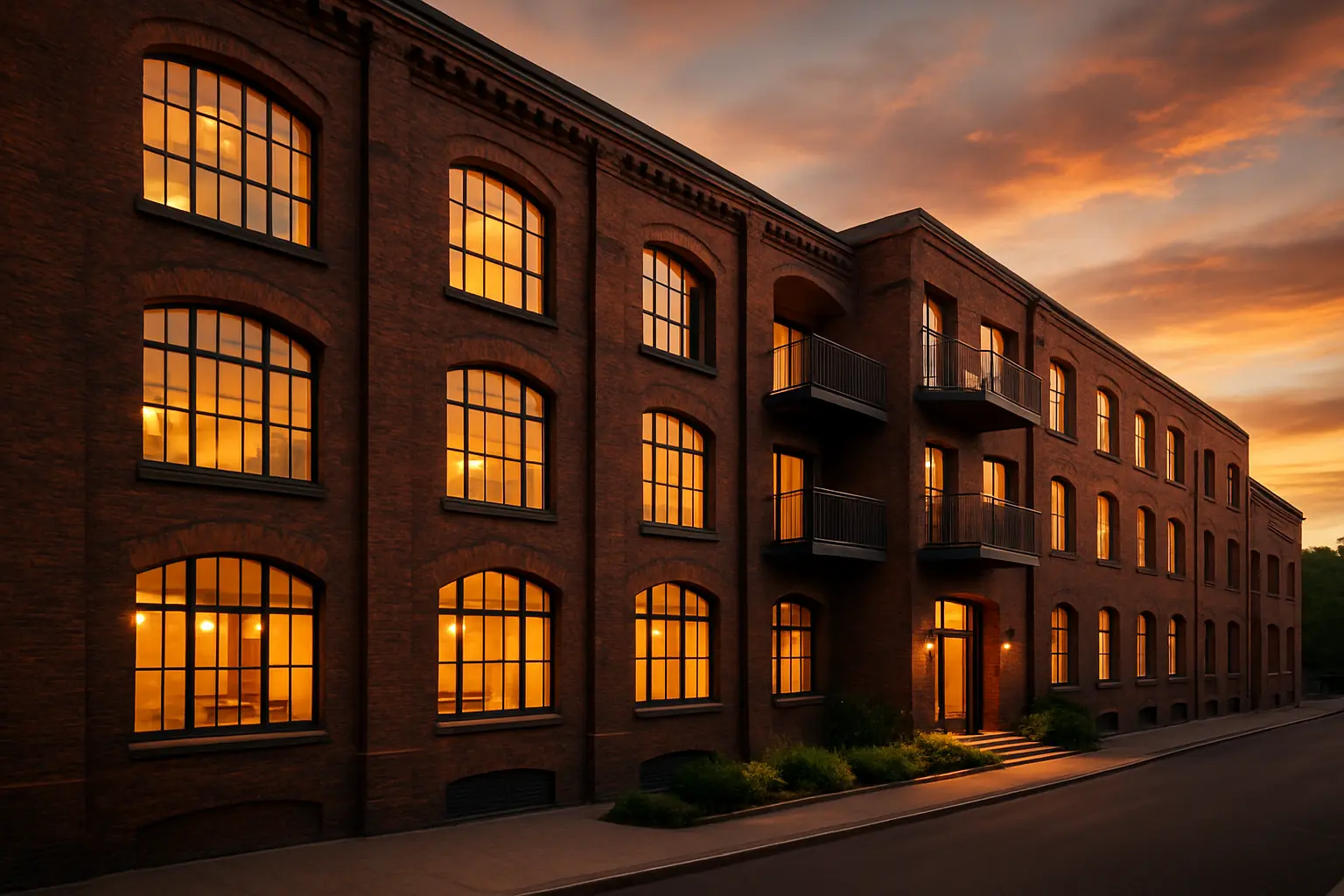From Warehouses to Wealth: Birmingham's Commercial-to-Residential Conversion Boom
Discover how savvy investors are transforming Birmingham's industrial spaces into sought-after living and mixed-use developments.

The Rise of Adaptive Reuse
Birmingham's skyline is witnessing a remarkable transformation as developers breathe new life into the city's industrial heritage. The adaptive reuse movement has gained significant momentum, with former warehouses and manufacturing facilities becoming the canvas for innovative residential solutions.
This surge in commercial-to-residential conversions is driven by several factors:
- Housing Demand: A growing urban population seeking unique living spaces
- Character Preservation: Desire to maintain Birmingham's industrial architectural heritage
- Sustainability: Reduced environmental impact compared to new construction
- Cost Efficiency: Lower development costs through existing structure utilization
Investment Opportunities
The Birmingham market presents compelling opportunities for investors looking to capitalize on the conversion trend. Prime locations for development include:
High-Potential Areas
- Jewellery Quarter: Historic industrial buildings with strong cultural appeal
- Digbeth: Creative district with numerous warehouse conversion possibilities
- Eastside: Strategic location near transportation hubs
Successful conversions typically feature exposed brick walls, high ceilings, and large windows - characteristics that command premium rental rates and attract quality tenants.
Success Stories and Market Impact
Recent conversion projects have demonstrated remarkable success in transforming neighborhoods and generating returns. Notable achievements include:
The Cotton Works development saw a 40% increase in local property values within 18 months of completion, while creating a vibrant community hub that maintains its industrial character.
Community Benefits
- Increased foot traffic supporting local businesses
- Creation of mixed-use spaces combining residential and commercial elements
- Enhanced neighborhood safety through increased occupancy
- Preservation of historical architecture
Future Growth Potential
The future of Birmingham's commercial-to-residential conversion market shows promising growth trajectories. Investors and developers should consider:
Strategic Considerations
- Planning Regulations: Understanding current conversion-friendly policies
- Infrastructure Assessment: Evaluating existing building structural integrity
- Market Research: Identifying target tenant demographics
- Sustainability Features: Incorporating green technologies in renovations
As Birmingham continues to evolve, these conversion projects represent not just property development opportunities, but the chance to participate in the city's urban renaissance. The successful integration of historical industrial architecture with modern living requirements creates unique spaces that resonate with today's urban dwellers while preserving Birmingham's rich industrial heritage.


